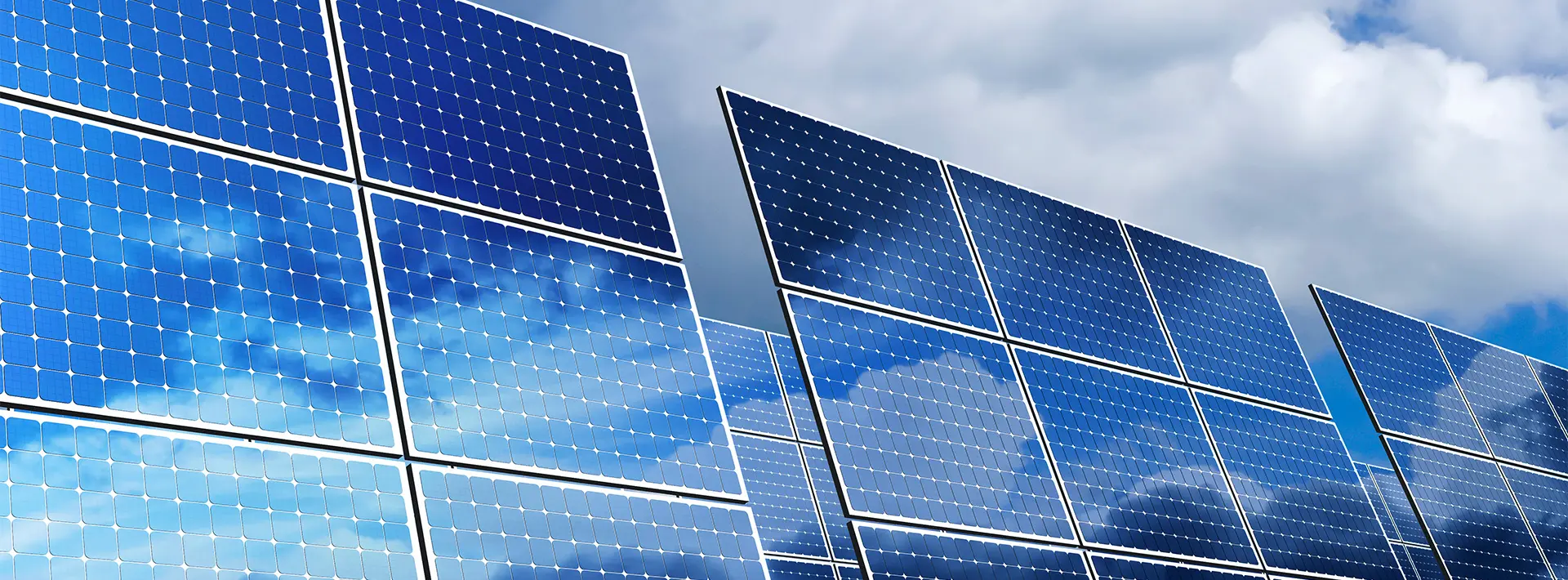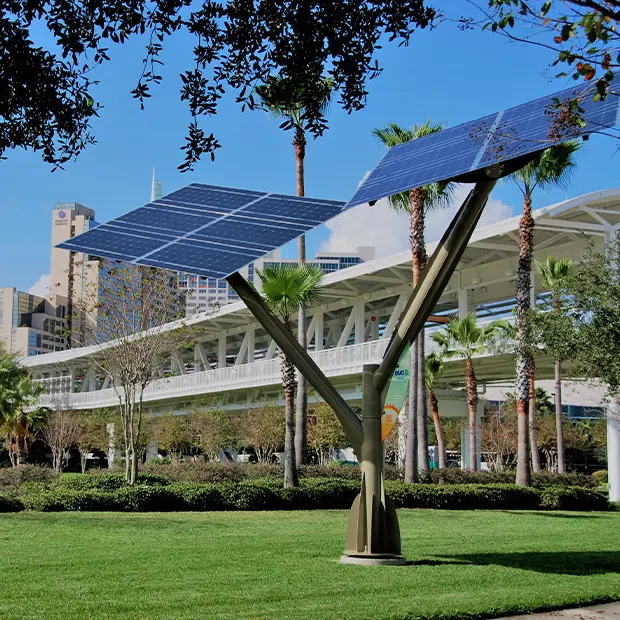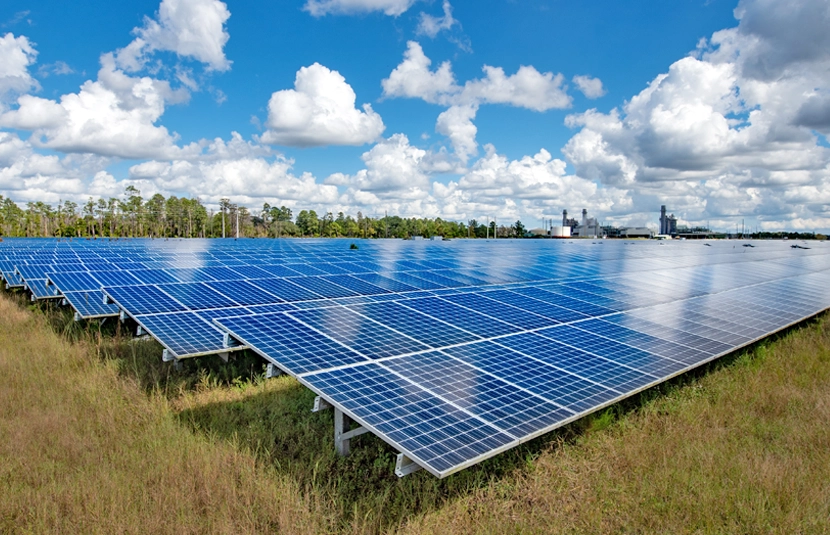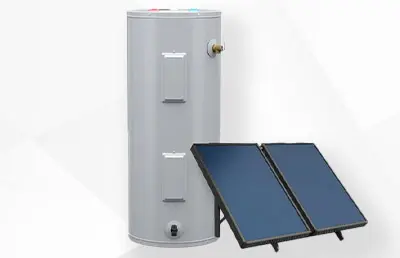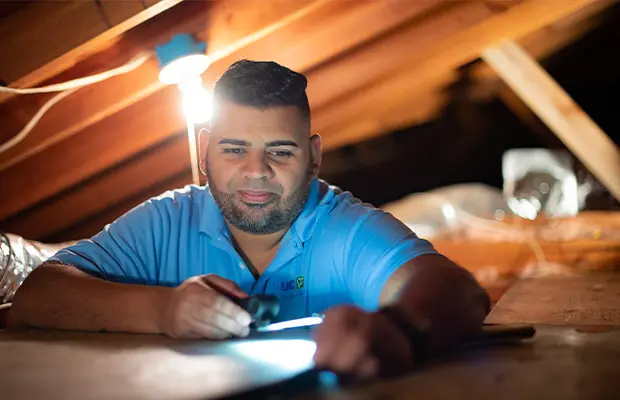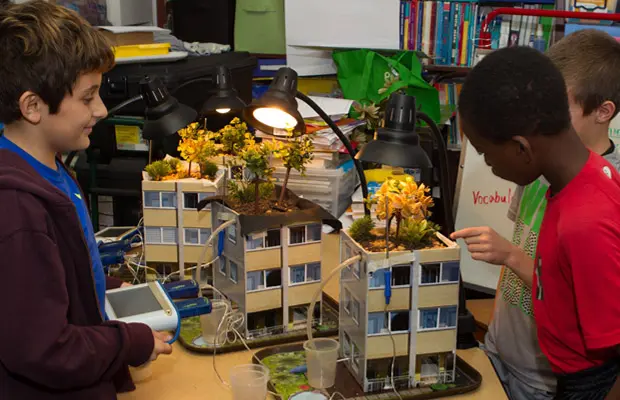Explore the Benefits of Solar
Energy Reliability
Grid Resilience
Community Impact
Cost Savings
Getting Started with Solar
OUC offers an array of solutions for electric customers.
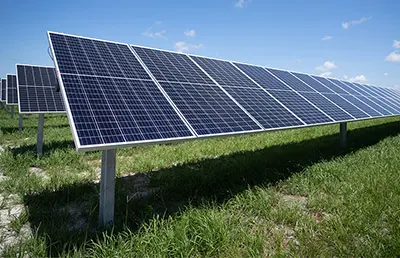
OUC SunChoice for Residential Customers
Access sustainable, maintenance-free solar energy without the hassles and costs associated with installing panels on your home.

OUC SunChoice for Commercial Customers
Offset up to 100% of your company’s energy consumption with locally produced renewable energy through our Green-e® Energy-certified program.
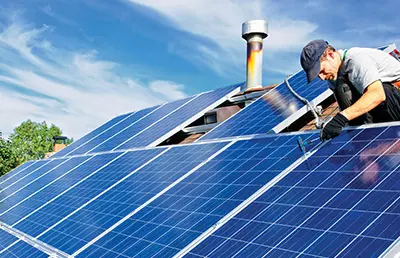
Rooftop Solar
If you’re looking to install your own solar system—or are currently working with an OUC customer to install rooftop solar—contact OUC first for important information and resources.
Your OUC Solar Bill Explained
Your OUC electric bill gives you important information about your solar system.

